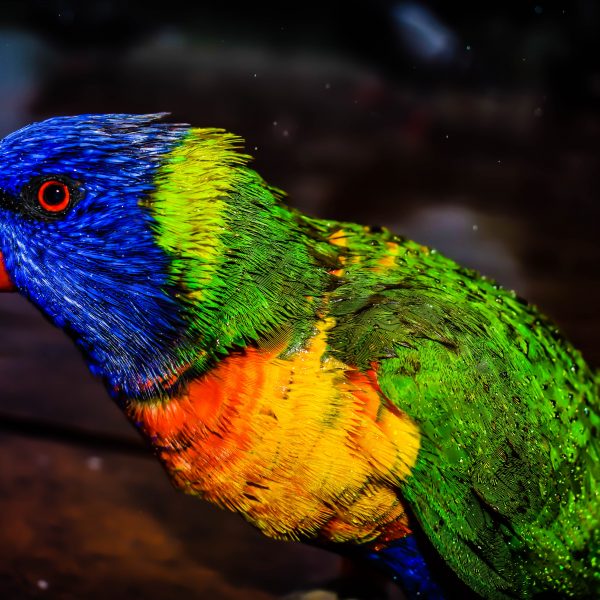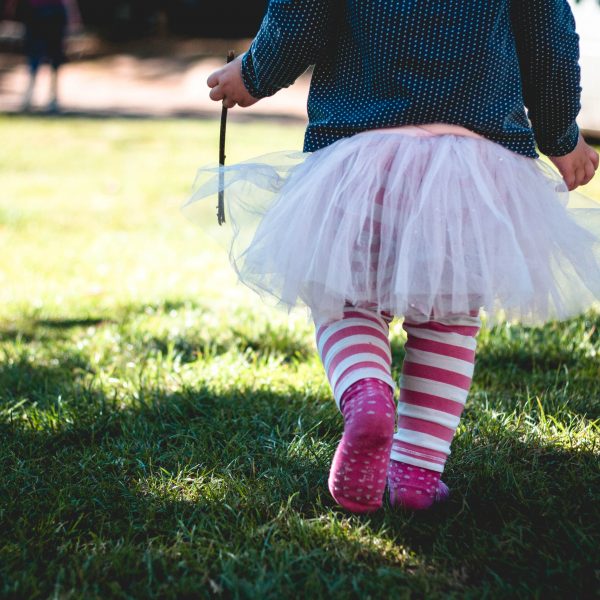Survival Day? Invasion Day? A Day of Mourning? What should ECEC do on 26 January?

January 26 – acknowledged in the Australian calendar with a public holiday known as Australia Day – is a date of contention for many. Annually, social media groups focused on early childhood education and care (ECEC) erupt in debate, typically sparked with questions such as “Does anyone have ideas about what I can do in the babies room for Australia Day?”
Multiple perspectives exist within the ECEC community about what – if anything – should be done in response to the provocation that Australia Day presents. In the piece below, we explore some of these perspectives, looking more deeply into the approved learning frameworks and the wisdom of longstanding professionals in the sector.
Why 26 January?
No discussion about Australia Day would be complete without first understanding the origins of the day, and the significance of the date.
Officially, Australia Day marks the anniversary of the 1788 arrival of the First Fleet of British ships at Port Jackson, New South Wales, and the raising of the Flag of Great Britain at Sydney Cove by Governor Arthur Phillip.
While Australia Day has been a recognised holiday since 1915, national celebrations for the day only began in 1994 – however Australia Day has been a point of contention for far longer than that, with First Nations people protesting on Australia Day as early as 1938.
For many First Nations people, and for those who support a reconciled Australia, 26 January has other names – Invasion Day, Day of Mourning, Survival Day, or Aboriginal Sovereignty Day.
“It’s not a date that is particularly pleasing,” explains Aboriginal activist Michael Mansel.
“The British were armed to the teeth and from the moment they stepped foot on our country, the slaughter and dispossession of Aborigines began.”
Perspectives from First Nations communities
While multiple perspectives and beliefs about 26 January exist in First Nations communities, a conversation such as this one cannot go ahead without the inclusion of multiple perspectives, the bulk of which should come from First Nations people.
Adam Duncan shared the following in relation to 26 January:
“…Continue to have these real and hard conversations with the young people in your lives, be they professional or personal relationships, as generations of children that understand and share a respect, love and connection to Country are our best hope for an improvement to things for everyone: true reconciliation.
Australia Day, the 26th of January, remains the date which marks the beginnings of the damage done to Aboriginal lives, cultures, languages, families.
It doesn’t need to stay this way.
The date can be changed, and it is only through developing understanding and empathy in young people, that the need to change the date will become apparent. Spend time leading up to Australia Day this year reading, learning, speaking with community members, and educating yourself and your communities about the impact of this celebration.
Hopefully next year, and with the early childhood education and care community leading the charge, things will have taken a turn for the better.” (source)
Perspectives from the frameworks
Australia Day, and other significant events and dates, have had deep meaning for many ECEC services for a long time. For some services, celebrations, commemorations and holidays, and the way these are acknowledged, predate the introduction of the approved learning frameworks and the National Quality Standard.
Despite this, all ECEC services now have a framework under which they are required to work, and as part of this framework, a number of perspectives and positions must be considered and reflected upon.
Some of the most powerful places where reflection and change reside are in the principles and practices of the early years learning framework and the framework for school aged care. The principles underpin practice that is focused on assisting all children to make progress in relation to the learning outcomes – that is to say that none of the work which is undertaken to help children reach the learning outcomes should be taking place without first considering the principles and practices which sit underneath them.
In relation to moments of contention, like 26 January, the principles ask educators and leaders to consider some powerful questions:
Who is advantaged when I work in this way? Who is disadvantaged?
What questions do I have about my work?
What am I challenged by? What am I curious about? What am I confronted by?
Rather than backing away from the challenges of 26 January, and shutting down opposing points of view, the frameworks ask educators to lean into discomfort, to expand their thinking, and to go to different places than they usually would to seek guidance.
Position of peak bodies
In 2018, Early Childhood Australia shared its perspective on Australia Day, one gathered in conversation with First Nations communities, saying:
“Our commitment to this work is more than compliance and expectation, it emerges from a fundamental belief that valuing and celebrating Aboriginal and Torres Strait Islander culture and identity enhances who we are as Australians, and that this must form part of how we educate our youngest citizens. The questions in this most recent debate strengthen our resolve and are matched with our belief that children, and those who work with them, have a right to participate in the evolving life and decisions of the Australian community.” (source)
Likewise, Community Early Learning Australia (CELA) offered the following position:
“Navigating how services approach 26 January may be more complex for some educators and in some communities than for others. The skills, resources and support required may depend on the nature of your setting, the team and leadership you work with, and the children and families in your community. Where opinions differ or debate becomes heated, it’s important to stay engaged, listen and be respectful. Try to stay with the discussion if you can, rather than stifle or turn away from it, just as you would address difficult conversations, disrespect or incomplete understanding between colleagues, among groups of children or with families on other matters.” (source)
Tips from Tyabb Village Children’s Centre
Tyabb Village Children’s Centre’s philosophy makes a strong statement of respect and inclusion for Australia’s First Peoples. Rather than ‘celebrating’ on 26 January, they use the day for annual planning and professional development.
The following statement comes from their letter of employment:
We remember the atrocities of Australia’s history and we work together with our Indigenous communities to raise awareness and improve knowledge to ensure these actions are not repeated in the present day and in our future.
We will embed Aboriginal and Torres Strait Islander perspectives within our community, the children’s programs, the “Village” environment and in all operational documents.
We will work hard to achieve change for societal thinking about inclusion and speak the truth to those who become part of the “Village” family.
That is why at Tyabb Village Children’s Centre we choose not to celebrate Australia Day in its current format. We will use this day instead, as a day of annual planning and professional development for the entire team. We do not recognise January 26th as a day of pride in Australia’s history.
On this day we encourage all of our staff to attend the workplace as usual, however, we will respect each individual’s perspective accordingly. Staff who choose to attend this annual planning day will receive their contracted hourly rate for each hour they participate. This will be over and above your standard Public Holiday pay.
Recommended resources to support thinking and exploration of Australia Day
To continue thinking and learning about 26 January, and engaging in reflection, the following resources may be of use:
ECA Research in Practice Series, Acceptance, justice and equality: exploring reconciliation in early childhood education and care by Catharine Hydon and Adam Duncan
It’s Australia Day – What does that mean?
Is there a respectful way to celebrate Australia Day?
How do we explain Australia Day to our children?
Invasion Day is more than just a day on the calendar
SNAICC‑the national voice for our children
Australian Institute of Aboriginal and Torres Strait Islander Studies (AIATSIS)
Popular

Quality
Practice
Provider
Research
Workforce
Honouring the quiet magic of early childhood
2025-07-11 09:15:00
by Fiona Alston

Policy
Practice
Provider
Quality
Workforce
Minister Jess Walsh signals urgent action on safety and oversight in early learning
2025-07-11 08:45:01
by Fiona Alston

Workforce
Policy
Quality
Practice
Provider
Research
The silent oath: Why child protection is personal for every educator
2025-07-17 09:00:31
by Fiona Alston











